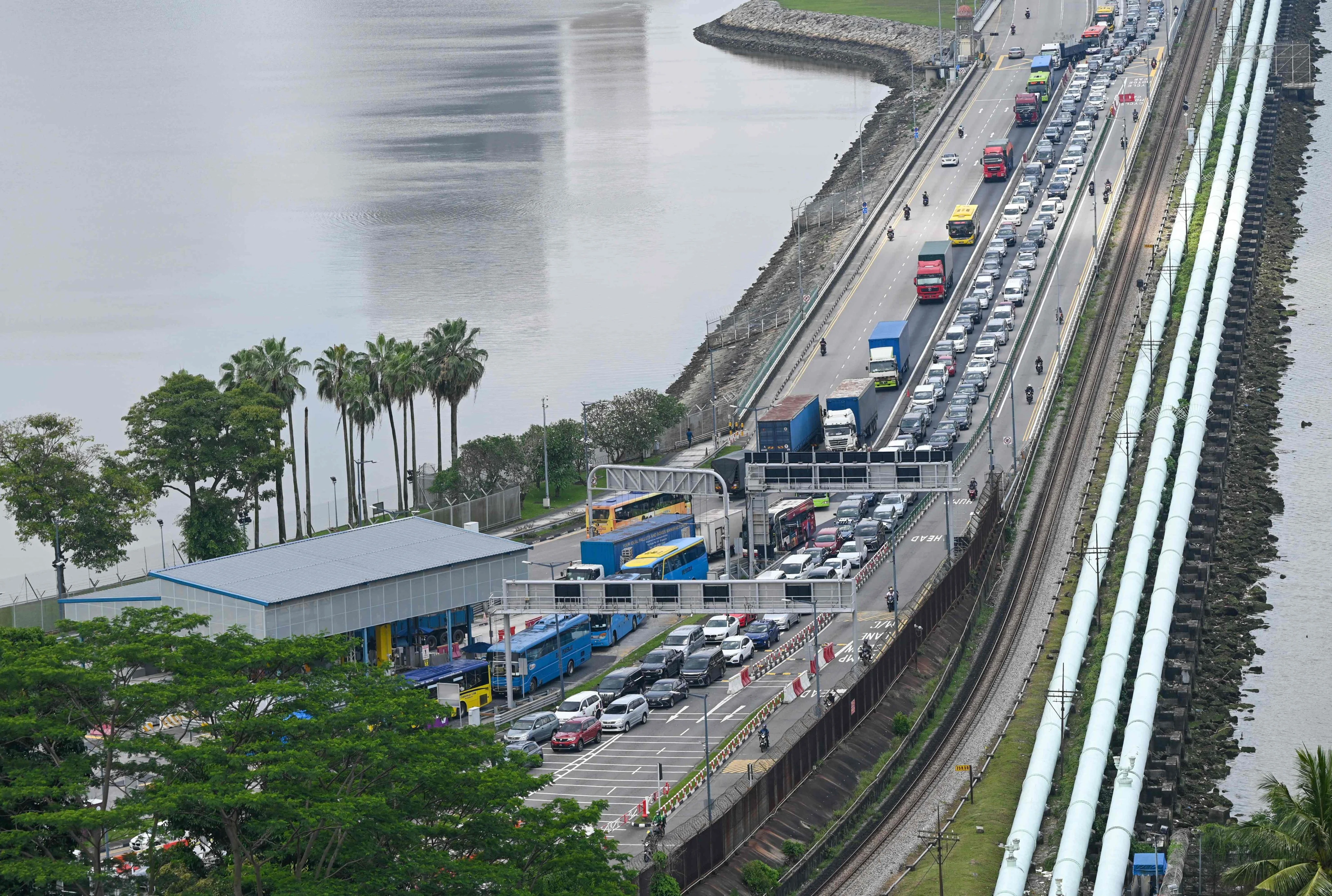Copyright scmp

Operations at the Singaporean Public Utilities Board’s Johor River Waterworks have been temporarily suspended after a water pollution incident affecting the Malaysian river. “Water supply in Singapore remains unaffected as PUB has stepped up production at local plants to meet demand,” said Singapore’s national water agency on Saturday morning. “PUB is monitoring the raw water quality in the Johor River closely. Operations will resume when water quality checks show that the Johor River quality is back to normal.” Singapore’s National Environment Agency (NEA) said in a social media post on Saturday afternoon that agencies were closely monitoring the East Johor Strait following two pollution incidents. One of the incidents affected the Johor River and was caused by sand mining activities, and another involved a palm oil spill that affected the coastal waters off Kampung Pasir Putih in Johor. “NEA is in touch with the Department of Environment, Johor and understands that the sources of pollution from both incidents have been contained and stopped,” the Singapore environment agency said. “Oil clean-up is also ongoing and most of the palm oil has been cleaned up.” According to the agency, water quality in Singapore has been normal. Its shoreline and fish farms have been unaffected. The Singapore Food Agency is working closely with fish farms in the East Johor Strait to take the necessary preventive measures, while the National Parks Board has not seen any impact on biodiversity-rich sites at Pulau Ubin, Coney Island, Pasir Ris Park and Changi Beach Park. PUB is closely monitoring water quality at Singapore’s coastal reservoirs near the East Johor Strait, and there have so far been no sightings of palm oil near the country’s tidal gates. “We do not expect any impact to operations at our desalination plants, which are located in the southern part of Singapore,” PUB said. The Maritime and Port Authority of Singapore patrol craft that are equipped with absorbent materials and oil recovery equipment are on standby to be activated, if required. Under the 1962 Water Agreement, Singapore can draw up to 250 million gallons (950 million litres) of water a day from the Johor River, and Singapore is obliged to provide Malaysia with treated water up to 2 per cent of the water imported. The Linggiu Reservoir is located upstream of the Johor River Waterworks and releases water into the Johor River to supplement its flow. Water demand in Singapore is currently about 440 million gallons (1.7 billion litres) a day. According to Bernama news agency, Malaysia’s Department of Environment confirmed that damage to a “bund silt pond” was believed to have been caused by sand dredging activities along the Johor River. It was reported that residents and fishermen in Kota Tinggi had found hundreds of dead fish due to the muddy water in the river. Johor’s water regulatory body, Badan Kawalselia Air Johor, has ordered the sand dredging operation to be stopped immediately. Ranhill SAJ, a water company in Johor, said water treatment plants along Johor River had to cease operations due to the contamination, Bernama reported. This article was first published by CNA



